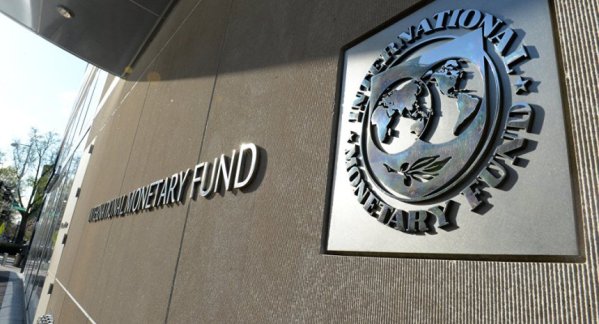The rise was due to external debt which grew to $37.96 billion in Q3 2021, up from $33.47 billion in Q2 2021.
The 4 billion Eurobond raised from the international debt market to beef up external reserves above $40 billion also drove up foreign debt.
The IMF gave the warning in blog post titled, “A Disrupted Global Recovery’ discussing its World Economic Outlook”, saying the recent shift in monetary policy can negatively affect emerging economies like Nigeria.
“As the monetary policy stance tightens more broadly this year, economies will need to adapt to a global environment of higher interest rates.
“Emerging market and developing economies with large foreign currency borrowing and external financing needs should prepare for possible turbulence in financial markets by extending debt maturities as feasible and containing currency mismatches.
“In some cases, foreign exchange intervention and temporary capital flow management measures may be needed to provide a monetary policy with the space to focus on domestic conditions,” the IMF said.



